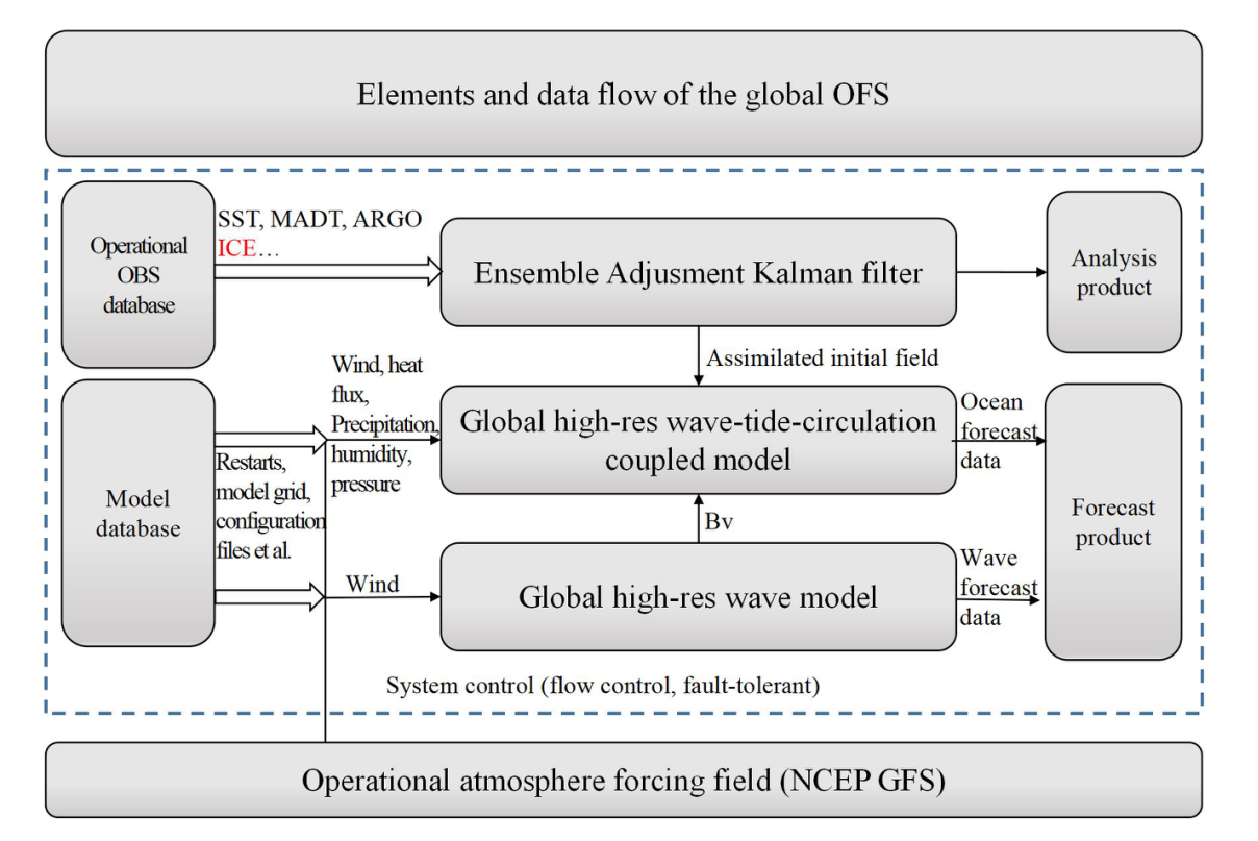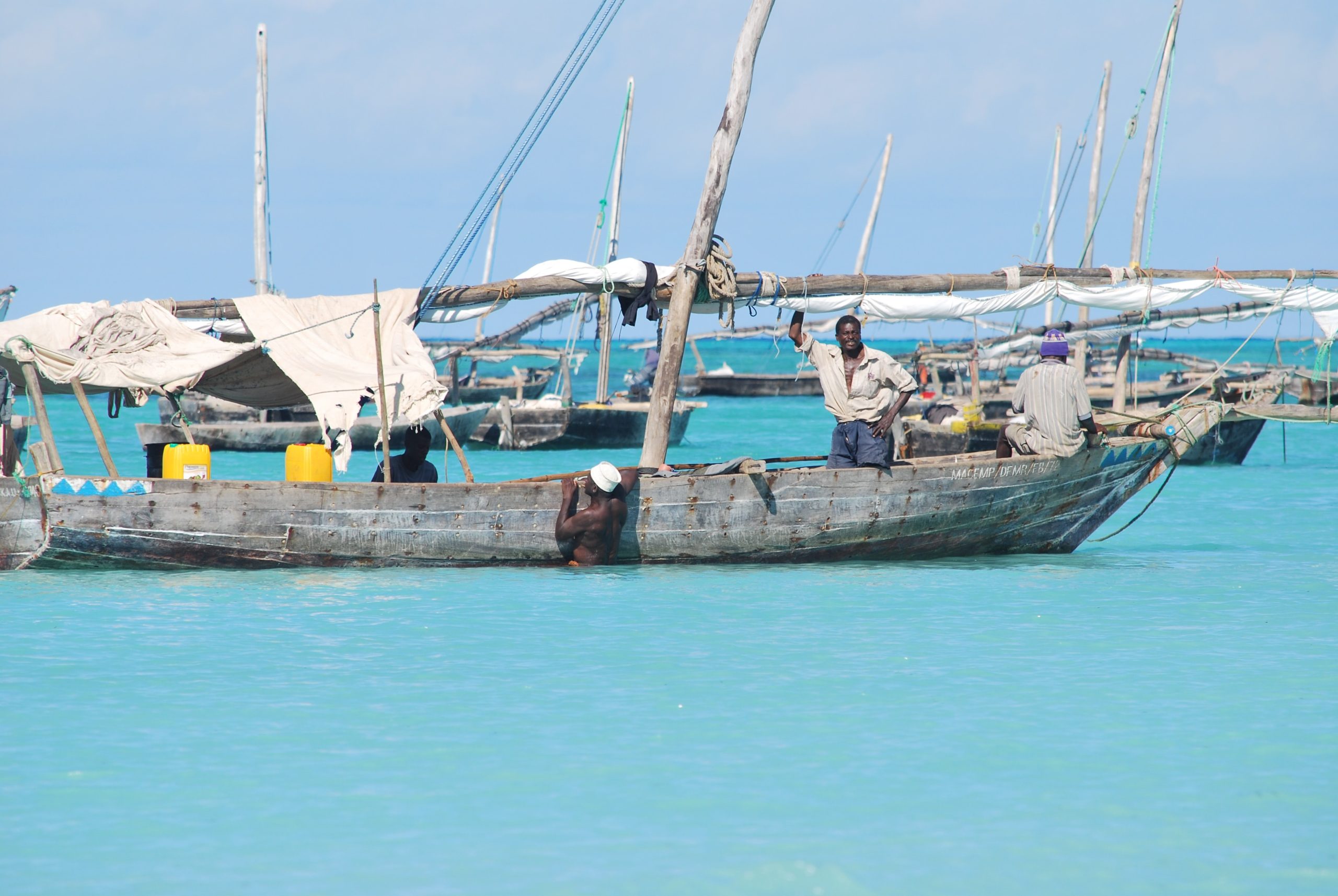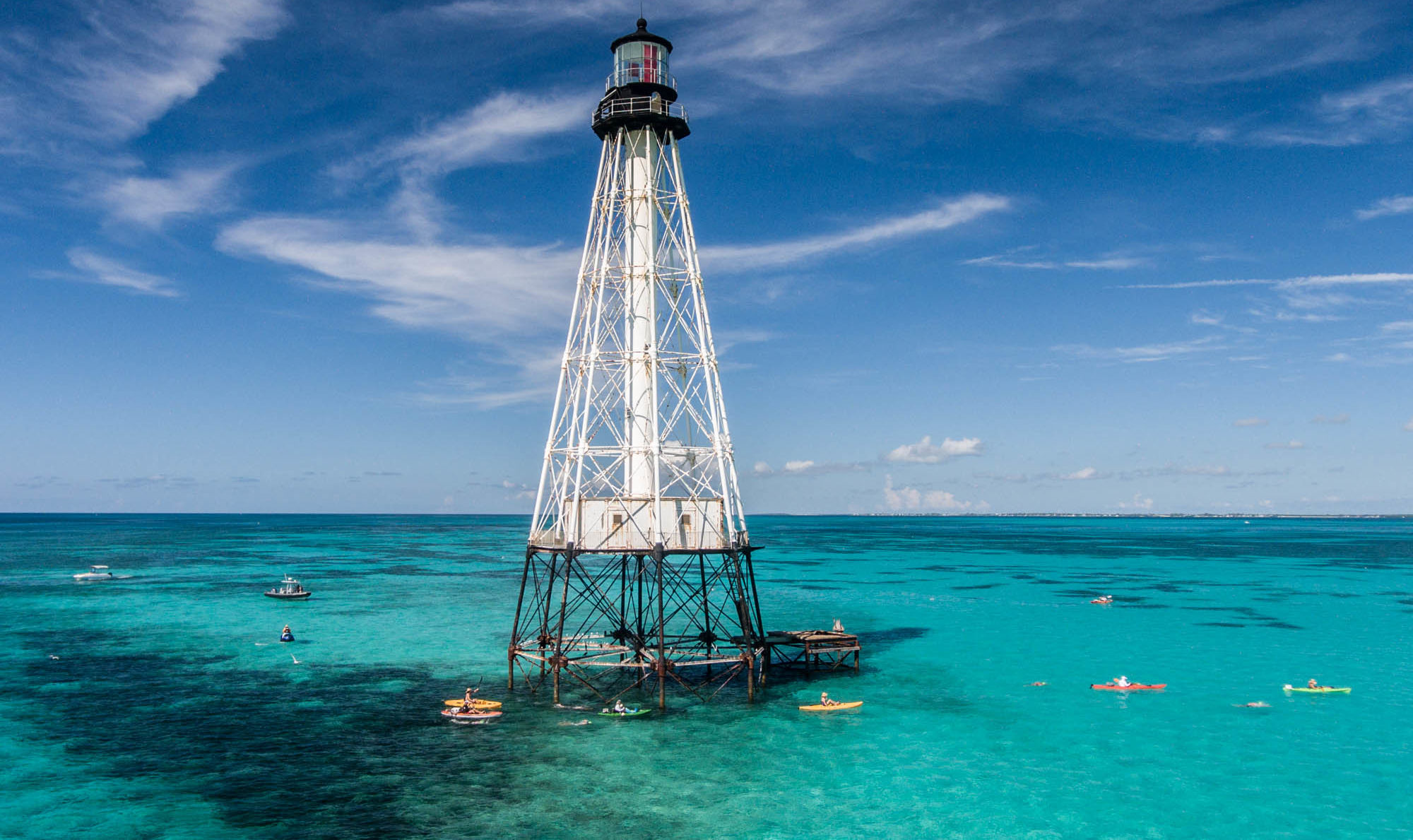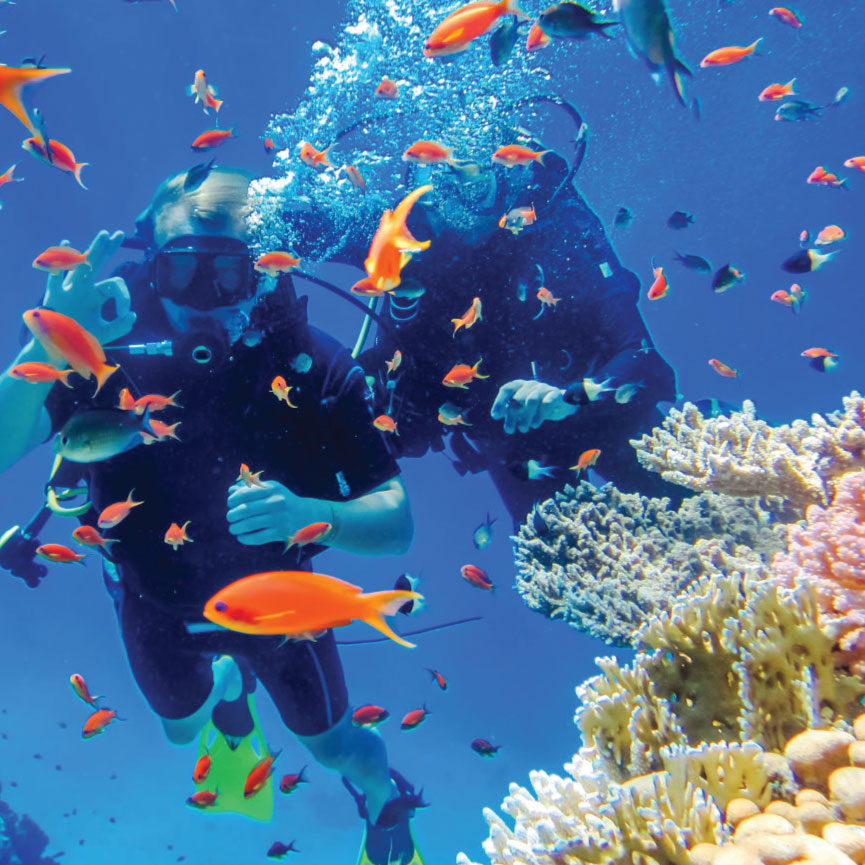Post Number: 6KEIOC0012RP
Grade: P-4
Parent Sector: Intergovernmental Oceanographic Commission (IOC)
Duty Station: Nairobi
Job Family: Programme Coordination
Type of contract: Fixed Term
Duration of contract: 2 years, renewable
Recruitment open to: Internal and external candidates
Application Deadline: (Midnight Paris Time): 17-FEB-2023
UNESCO Core Values: Commitment to the Organization, Integrity, Respect for Diversity, Professionalism
Overview of the functions of the post
Under the overall authority of the Executive Secretary of the Intergovernmental Oceanographic Commission (IOC) and the direct supervision of the Head, IOC Marine Policy and Regional Coordination Section (IOC/MPR), the incumbent is responsible for leading the Secretariat for the IOC Sub-Commission for Africa & the Adjacent Island States (IOCAFRICA).
These activities operate through the advice and actions of numerous expert teams, inputs across IOC programmes related to Ocean Science, Ocean Observation and Services, Tsunami, Capacity Development, and Marine Policy - a complex landscape requiring team building skills, cooperation and good internal and external communication.
The incumbent works within the frameworks of UNESCO's Medium Term Strategy (C4s), the approved Programme and Budget (C5s), the IOC Medium Term Strategy, IOC Assembly and Executive Council decisions/resolutions, the IOCAFRICA Biannual Workplan, and other international/UNGA resolutions as well as global development plans relevant to the ocean such as Agenda 2030 and its Sustainable Development Goals, the Sendai Framework for Disaster Risk Reduction, the SAMOA SIDS Pathway, UNFCCC Paris Agreement and overall UNCLOS provision relevant to the mandate of the IOC.
In particular, the incumbent will:
Long Description
1. Advance the work of IOC and engage current and potential members and partners in the region within the framework of the IOC. Lead, coordinate, and facilitate the development and implementation of IOC Medium-Term Strategy and Programme and Budget, and global programmes related to ocean research, sustained ocean observations and services, the development of science/policy interface, the generation of scientific knowledge to support sustainable ocean management and capacity development in the region.
2. Exercise leadership and strategic thinking in developing, planning and implementing IOC programmes/activities responding to the existing and emerging priority needs and specific interests of Member States in the region and support the implementation of IOCAFRICA workplan as defined by the Sub-Commission.
3. Pursue partnerships and resource mobilization opportunities with governments, other UN agencies, the research, development and donor communities, with a view to implementing IOC Medium-Term Strategy, the IOC Capacity Development Strategy and programmes in the region and contributing to the attainment of the UN Sustainable Development Goals.
4. Facilitate the coordination of regional activities in support of the UN Decade of Ocean Sciences for Sustainable Development focusing on engagement of ocean stakeholders from science, policy, industry and civil society, the convening of regional task groups, supporting the design of Decade Actions, and identification of capacity development needs.
5. Ensure the smooth functioning of the Regional Secretariat, oversee the Secretariat’s human resources and their performance, prepare and monitor the budget for the Sub-Commission including extrabudgetary contributions, in line with UNESCO’s policies and procedures and Represent IOC, the Sub-Commission and UNESCO at the UN and other partner organizations’ intergovernmental and technical meetings, as appropriate.
COMPETENCIES (Core / Managerial)
Communication (C)
Accountability (C)
Innovation (C)
Knowledge sharing and continuous improvement (C)
Planning and organizing (C)
Results focus (C)
Teamwork (C)
Professionalism (C)
Building partnerships (M)
Driving and managing change (M)
Strategic thinking (M)
Making quality decisions (M)
Managing performance (M)
-
For detailed information, please consult the UNESCO Competency Framework.
REQUIRED QUALIFICATIONS
Education
- Advanced university degree (Masters or equivalent degree) in Oceanography, Marine Science, or related field.
Work Experience
- A minimum of 7 years of progressively relevant professional experience in the field of ocean management and capacity development, of which preferably 4 years acquired at international level.
- Experience in coordinating, managing, and implementing projects or programmes.
- Experience in managing staff and teams.
Skills and Competencies
- Good knowledge of ocean management and capacity development in the region.
- Excellent analytical skills, including the ability to identify complex issues, and decide on ways forward respecting the constraints of the organizations involved.
- Demonstrated strategic thinking and change management skills.
- Strong programme management skills.
- Very good communication skills (oral and written) with proven ability to make effective and persuasive oral presentations to both technical and general audiences.
- Proven ability to advocate and negotiate with colleagues, staff, and stakeholders at all levels, internal and external, including building and maintaining partnerships.
- Ability to lead and empower teams and maintain effective working relationships in a multi-cultural environment.
Languages
- Excellent knowledge and drafting skills in English and working knowledge of French.
DESIRABLE QUALIFICATIONS
- Ph.D. in Oceanography, Marine Science, or related field.
- Fundraising and resource mobilization experience.
- Knowledge of other official languages of UNESCO (Arabic, Chinese, Russian or Spanish).
BENEFITS AND ENTITLEMENTS
UNESCO’s salaries consist of a basic salary and other benefits which may include if applicable: 30 days annual leave, family allowance, medical insurance, pension plan etc.
The approximate annual starting salary for this post is 107,405 US $.
For full information on benefits and entitlements, please consult our Guide to Staff Benefits.
SELECTION AND RECRUITMENT PROCESS
Please note that all candidates must complete an on-line application and provide complete and accurate information. To apply, please visit the UNESCO careers website. No modifications can be made to the application submitted.
The evaluation of candidates is based on the criteria in the vacancy notice, and may include tests and/or assessments, as well as a competency-based interview.
UNESCO uses communication technologies such as video or teleconference, e-mail correspondence, etc. for the assessment and evaluation of candidates.
Please note that only selected candidates will be further contacted and candidates in the final selection step will be subject to reference checks based on the information provided.
Footer
UNESCO recalls that paramount consideration in the appointment of staff members shall be the necessity of securing the highest standards of efficiency, technical competence and integrity. UNESCO applies a zero-tolerance policy against all forms of harassment. UNESCO is committed to achieving and sustaining equitable and diverse geographical distribution, as well as gender parity among its staff members in all categories and at all grades. Furthermore, UNESCO is committed to achieving workforce diversity in terms of gender, nationality and culture. Candidates from non- and under-represented Member States (last update here) are particularly welcome and strongly encouraged to apply. Individuals from minority groups and indigenous groups and persons with disabilities are equally encouraged to apply. All applications will be treated with the highest level of confidentiality. Worldwide mobility is required for staff members appointed to international posts.
UNESCO does not charge a fee at any stage of the recruitment process.









